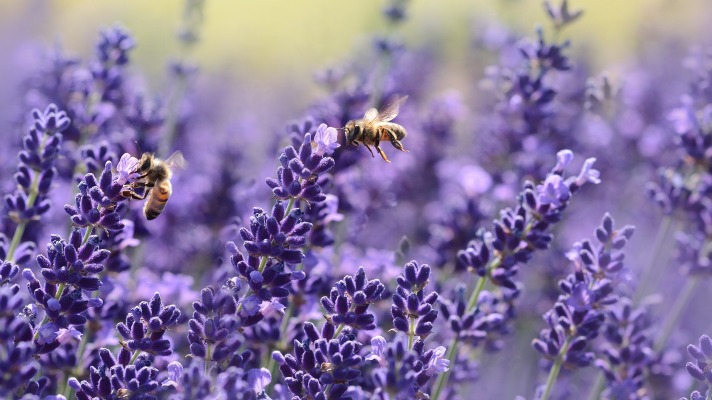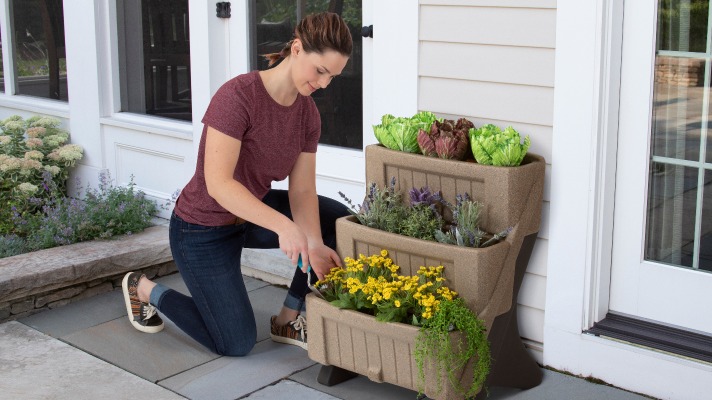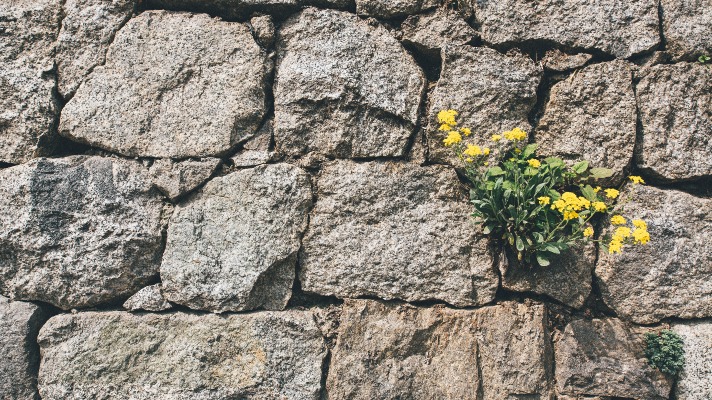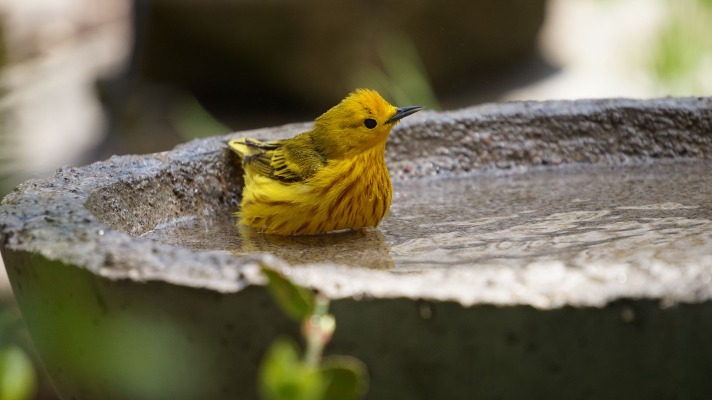
5 Tips to Start Your Pollinator Garden
Posted by Simplay3 on 21 May 2021
It’s planting season! It’s time to head to your local nursery and break out the gardening gloves to create your outdoor oasis. Your beautiful outdoor garden could also double as a life source for pollinators that do the essential work of spreading pollen to create more plants, fruit and vegetables. Attracting pollinators to your garden will improve the health and beauty of your plants, as well as support our declining pollinator species like bees and butterflies.
Creating a pollinator garden is a fun way for kids to interact with the world around them, while working to preserve our ecosystem by giving these species what they need to thrive.Your pollinator garden will bring nature right to your backyard. Before choosing the flowers for your garden this year, here are five tips that will help you start your pollinator garden.
- Not all flowers are ideal for nourishing pollinators. Start by looking for colorful flowers and plants that are native to your region. Native plants are the most likely to attract all kinds of pollinators. A tip on how to choose the best plants is to see which plants bees are attracted to while shopping.

- Instead of spreading out your flowers, plant them all together in clumps. Using a planter puts your flowers close together and in a confined space, which is ideal for creating more nectar and pollen, and also making it easier for pollinators to find you.

- It can be tempting to treat unwelcome weeds and visitors with herbicides and pesticides to keep your garden flourishing, however these chemicals can’t be used in a pollinator garden. They can harm the animals we are trying to protect. Try spraying vinegar into the soil to keep the pollinators safe and still kill weeds.

- Garden maintenance is important and will keep pollinators coming back to your garden. Make sure to keep deadheading your flowers throughout the season since that helps in the production of fresh flowers. This will ensure a bigger supply of nectar and pollen.

- Finally, a water source is very important for sustaining the life of pollinators. Help pollinators stay hydrated by setting up a birdbath or fountain near your pollinator garden.

For more information on how to grow your pollinator garden, click here. Happy planting!

